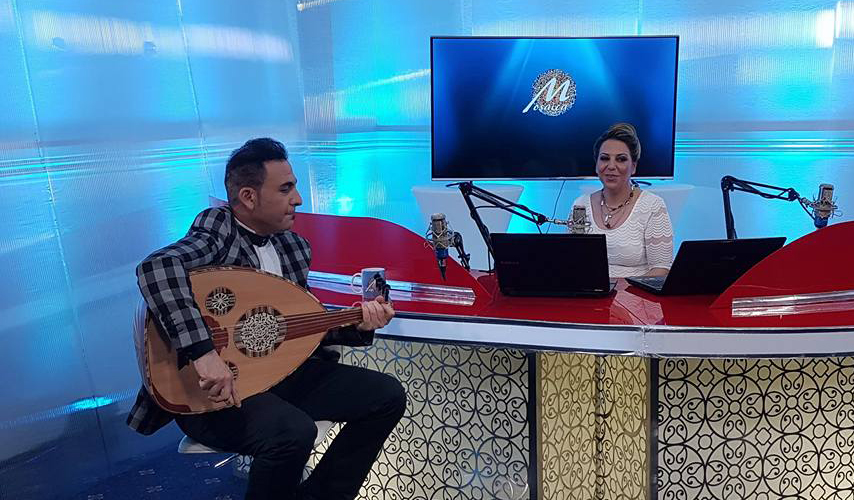
Protecting Your Music: A Guide to Copyright Laws for Iraqi Artists
Music, with its universal appeal, connects people across borders and cultures. In Iraq, a nation steeped in a musical legacy spanning millennia, talented artists strive to share their creations with the world. To safeguard their work and navigate the global music landscape effectively, understanding music copyright laws is essential. This comprehensive guide equips Iraqi artists with the knowledge they need to protect their creativity and rights.
Understanding Music Copyright
Copyright serves as a crucial form of protection for creators of original works, including musical compositions and recordings. In Iraq, these laws are governed primarily by Copyright Law No. 3 of 1971, with subsequent amendments reflecting technological and artistic advancements.
Key components of music copyright include:
- Ownership: Creators initially own the copyright to their musical works, encompassing both lyrics and melodies.
- Exclusive Rights: Copyright grants owners exclusive rights to reproduce, distribute, perform, and adapt their works, safeguarding against unauthorized use.
- Duration: Copyright protection in Iraq generally extends for the creator’s lifetime plus 50 years after their death.
Registering Your Copyright
While copyright protection is automatic upon creation, registering your music can provide additional benefits, such as establishing a public record of ownership. To register in Iraq, artists can apply to the Ministry of Culture, Tourism, and Antiquities, streamlining the process of proving ownership if disputes arise.
Fair Use and Infringement
Navigating fair use exceptions is crucial. While copyright grants extensive rights, fair use provisions permit limited use of copyrighted material without permission. Iraqi courts consider factors like purpose, nature of the work, and market impact when assessing fair use claims.
Music Licensing
Licensing is integral to the music industry, allowing artists to grant permissions while retaining control and receiving compensation. Common licenses in Iraq include:
- Mechanical License: Permits reproduction and distribution.
- Performance License: Allows public performance.
- Synchronization License: Enables music use in visual media.
- Master Use License: Grants permission for specific recordings.
Collecting Royalties
Artists earn royalties from various uses of their music, managed by performing rights organizations (PROs) like the Iraqi Authors and Composers Society (IACS). Joining a PRO ensures proper royalty collection and distribution.
International Copyright Protection
For global exposure, understanding international copyright protections is vital. Iraq’s participation in treaties like the Berne Convention and WIPO Copyright Treaty provides some international safeguarding, but navigating foreign laws requires tailored legal advice.
Challenges and Future Considerations
While progress is evident, challenges persist, including enforcement inconsistencies, piracy threats, and limited artist awareness. Addressing these concerns is pivotal for a flourishing Iraqi music industry.
By upholding copyright laws and fostering awareness, Iraqi artists can nurture a sustainable and culturally rich music scene, transcending borders to share their heritage and creativity with the world.





